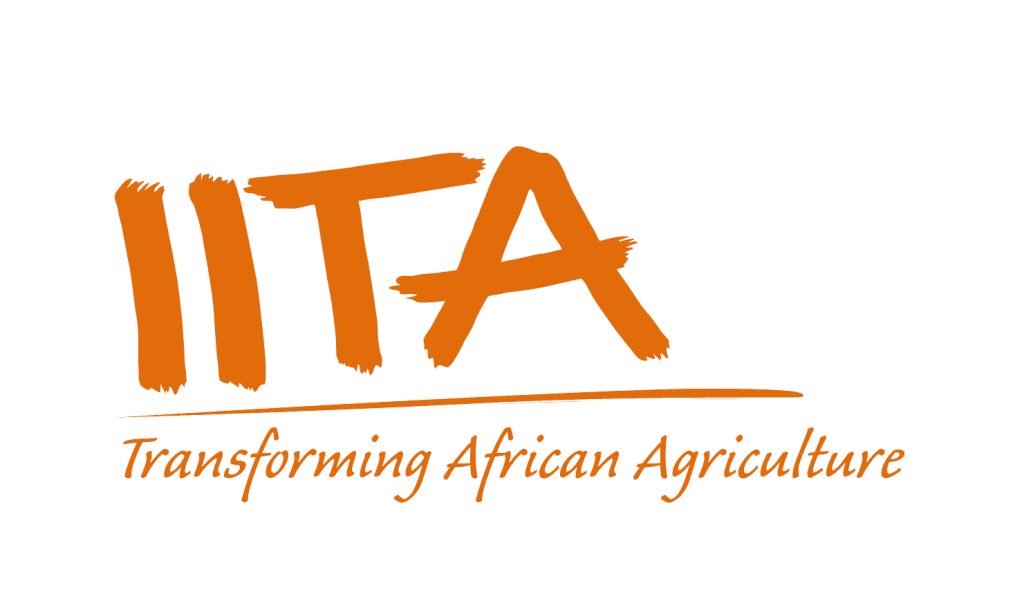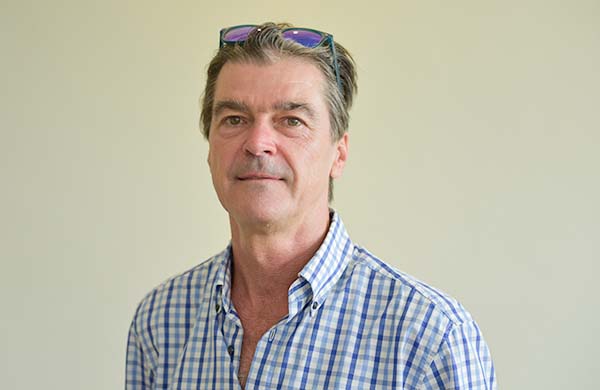Renowned experts in the field of nematology research in Africa, under the aegis of NemAfrica, which is a joint nematology laboratory between the International Institute of Tropical Agriculture (IITA) and the International Centre of Insect Physiology and Ecology (icipe), are working to tackle the menace of nematode pests, a microscopic worms that attack a wide range of key crops, including potatoes.
Nematologist and co-lead of NemAfrica at the IITA, Dr. Danny Coyne, spoke on the activities of NemAfrica, which he co-leads alongside Solveig Haukeland at icipe in Kenya. He said awareness is the main obstacle keeping smallholder farmers from implementing sustainable management techniques or nematode-resistant crops. “An initial major barrier is that farmers are mostly unaware of nematodes and so, do not understand the reason for a nematode resistant variety. A big barrier to adoption of new pest and disease resistant varieties is their possible unsuitability to consumers, who may not like the taste, texture or colour.
“Adoption and acceptance of new varieties relies on the combination of several preferred traits, including agronomic traits. Introduction of new crops can take time for farmers (and consumers) to become familiarised with them, and that they have a value, ultimately a financial one. New management options require demonstration of their benefits to crop production and returns to farmers, and that they are readily applicable or easy to use”, he said. On the difficulties in addressing the nematode problem in Africa, he added that these difficulties stem from the pest’s covert nature, lack of awareness, and the fact that many farmers lack the necessary pest knowledge. A major challenge remains their hidden nature and lack of visibility and knowledge by farmers in the first instance”, he stated further.

On the possibility of completely eliminating the pest, the scientist stated that they are very “difficult to eradicate, and essentially impossible”. He added that “It is, therefore, a case of managing the problem to reduce the losses and reduce population densities. But by employing a combination of tactics or technologies, we can hopefully provide the guidance and tools to do this. A cross-cutting nematode problem, however, is the root knot nematode problem. They can be devastating to many crops and are also very difficult to control. There are a few key species that have very wide host ranges, reducing the impact of crop rotation. There is some resistance in some varieties of crops, though, but this generally does not work against all root knot nematode species”.



